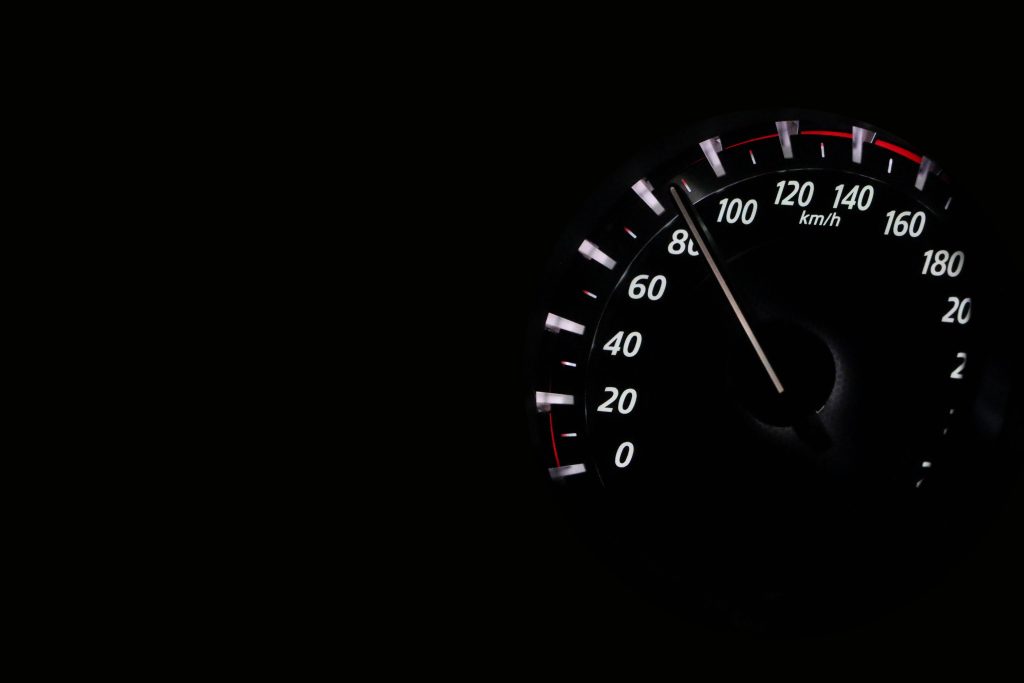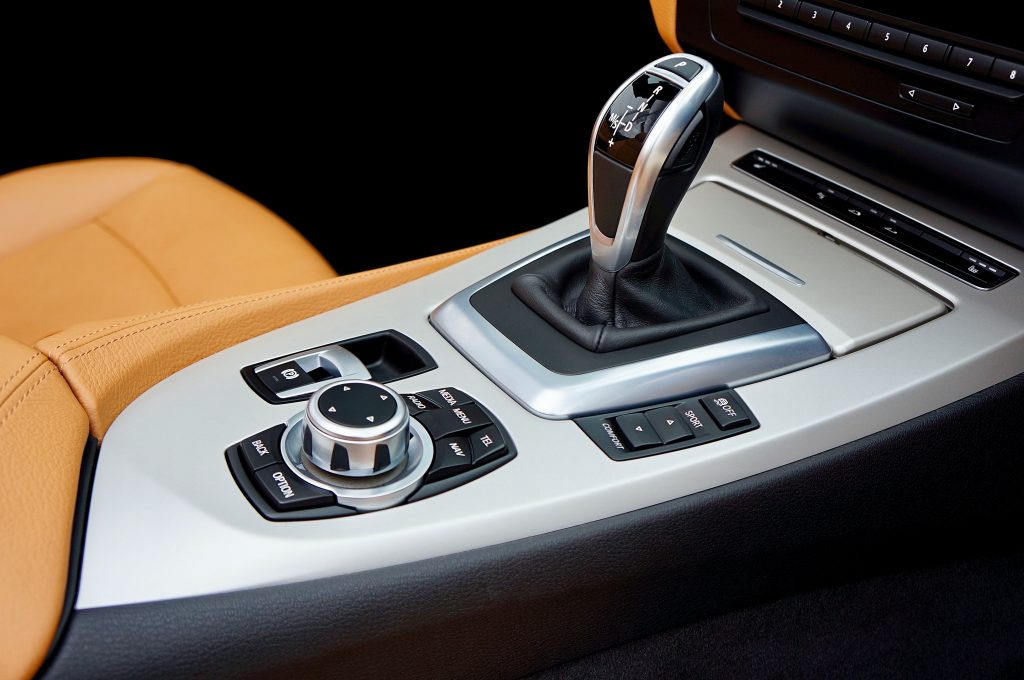Properly maintaining cars is important for their longevity and safe operation, as we depend on them for our daily transportation. Car maintenance may seem overwhelming or intimidating, but it doesn’t have to be. Knowing how to take care of your car is important. It can save you money and make you proud of keeping your vehicle in good condition. This beginner’s guide aims to provide you with the essential knowledge and tips to get you started on the right track. The article will cover important car maintenance areas that all car owners should know whether they are new owners or want to improve their skills. This guide will help you take care of your vehicle and keep it running smoothly for years to come. It covers routine checks as well as more advanced tasks. So, let’s dive in and learn the basics of car maintenance together.
Importance of regular oil changes.
Checking and replacing your air filter.

Understanding tire pressure and maintenance.

